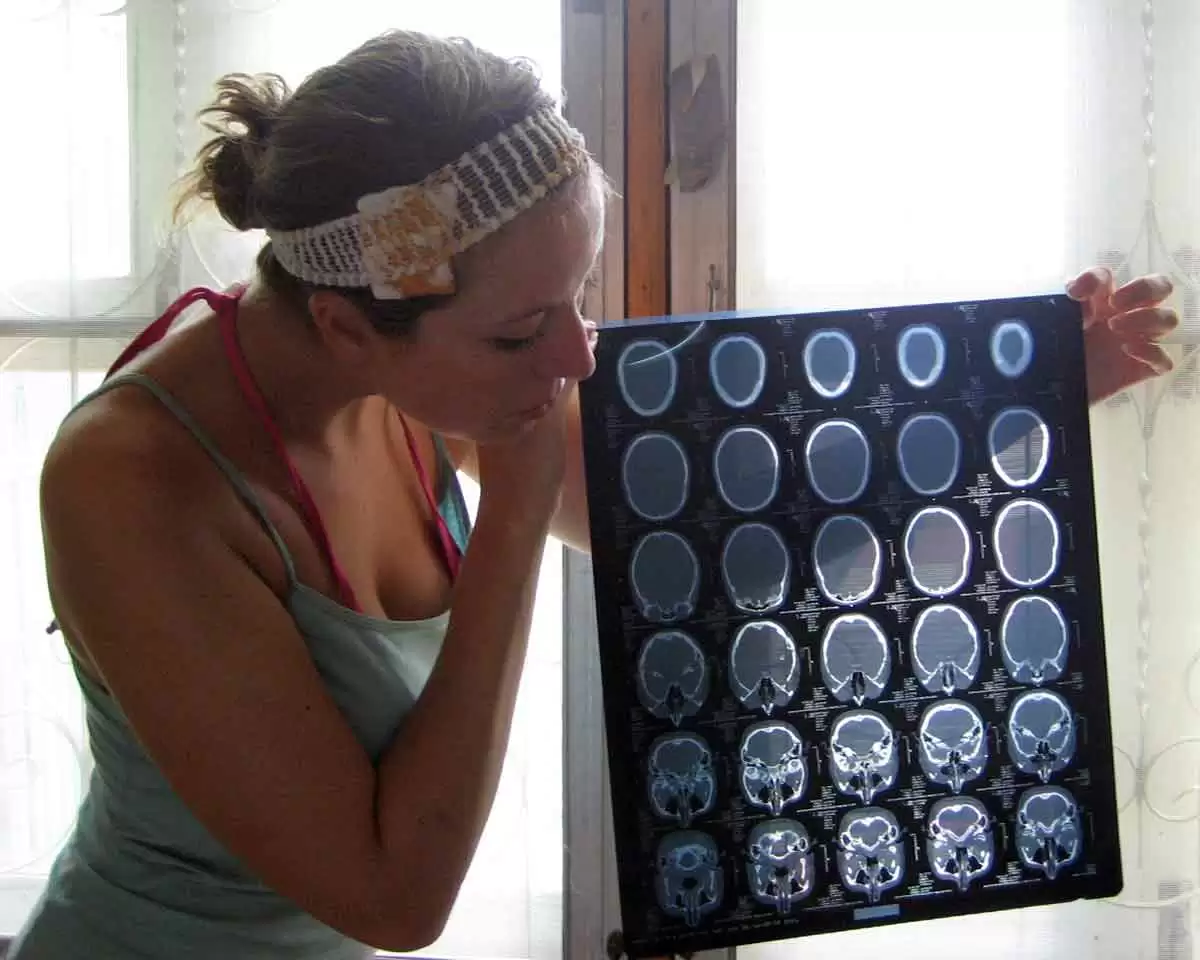Celiac.com 01/31/2024 - Many people without celiac disease or wheat allergy reduce their gluten intake because they believe that gluten causes their gastrointestinal symptoms. Symptoms could potentially be affected by negative expectancy. To examine this issue, a team of researchers set out to investigate the effects of expectancy, versus actual gluten intake, on symptoms in people with non-celiac gluten sensitivity (NCGS).
The research team included Marlijne C G de Graaf, MSc; Clare L Lawton, PhD; Fiona Croden, BSc; Agnieszka Smolinska, PhD; Bjorn Winkens, PhD; Martine A M Hesselink, MSc; Gonny van Rooy, MD; Peter L Weegels, PhD; Prof Peter R Shewry, PhD; Prof Lesley A Houghton, PhD; Prof Ben J M Witteman, PhD; Prof Daniel Keszthelyi, PhD; Prof Fred J P H Brouns, PhD; Prof Louise Dye, PhD; and Prof Daisy M A E Jonkers, PhD.
Celiac.com Sponsor (A12):
The team conducted a randomized, double-blind, placebo-controlled, international, multi-center study at the University of Leeds, in Leeds, UK; Maastricht University, in Maastricht, the Netherlands; and Wageningen University and Research, in Wageningen, the Netherlands.
For people grappling with non-celiac gluten sensitivity (NCGS), where gluten avoidance is a pivotal lifestyle and treatment choice, a recent study unravels a fascinating aspect of this condition, by looking at how our expectations and actual gluten intake intertwine to shape gastrointestinal and extra-intestinal symptoms. The research, conducted by a team of experts from various institutions, sheds light on the delicate balance between psychological anticipation and the physiological effects of gluten consumption in NCGS.
The study, a randomized, double-blind, placebo-controlled endeavor, unfolded across multiple centers, including the University of Leeds and Maastricht University. Participants, aged 18–70, self-identified with NCGS, steering clear of celiac disease and wheat allergy, embarked on a gluten-free or gluten-restricted diet for at least a week before the study commenced. These individuals had to be asymptomatic or mildly symptomatic while on the diet.
The randomized assignment placed participants into four groups, factoring in their expectations (E+: anticipating gluten or E–: anticipating gluten-free) and actual gluten intake (G+: consuming gluten or G–: gluten-free). The primary outcome was the overall gastrointestinal symptom score measured at different intervals throughout the study.
Key Findings: Unraveling the Nocebo Effect
Between October 2018 and February 2022, 84 participants entered the study. The median age was 27, with 86% being women. The data showed a nuanced interplay between expectancy and actual gluten intake, painting a complex picture of how psychological factors might influence physical symptoms in NCGS.
Nocebo Effect and Gastrointestinal Symptoms: Participants anticipating gluten (E+) and actually consuming gluten (G+) reported significantly higher gastrointestinal symptom scores compared to those expecting gluten but having a gluten-free diet (E+G–) and those both expecting and consuming a gluten-free diet (E–G–).
Maybe people with NCGS who expect to suffer adverse symptoms from gluten do better, physiologically, on an all or mostly gluten-free diet, than they would otherwise. Or maybe no worse. We currently just don't know.
Psychological vs. Physiological Impact: While the combination of expectancy and actual gluten intake demonstrated the most significant effect on gastrointestinal symptoms, the distinction between psychological (nocebo effect) and physiological (actual impact of gluten) effects remains a complex realm for exploration. In this area, the study offered little of importance.
Maybe people who are highly sensitive have suffered more in the past, and are now extra cautious. It seems unlikely that such an expectation would have any impact on their actual symptoms; although such an effect cannot be ruled out (only those with mild or no symptoms were included in the study).
Gut-Brain Interaction in NCGS
The findings underscore the need for further research into the intricate gut-brain interaction in NCGS. Understanding how psychological factors contribute to symptomatology is potentially beneficial for developing holistic management approaches for individuals with NCGS.
At the end of the day, though, this particular study doesn't tell us very much about the topic. The fact that it is funded by major players in the wheat industry should also give us pause. What exactly is their angle on this topic? What do they mean by "holistic approach"? Why did the researchers allow only participants who had little or no symptoms when exposed to gluten? Would the outcome have been different had they used only those who had stronger symptoms when exposed to gluten? Why is the wheat industry funding this study?
As we delve into the delicate dance between expectancy and actual intake, the study invites further investigation into the mysterious realms of the gut-brain axis, in the context of non-celiac gluten sensitivity. Certainly, the idea of a "nocebo" affect, or the idea that expectations can influence celiac disease symptoms, is an intriguing one. But it's unproven here.
Exactly what researchers may find, however, and how those findings may affect the current treatment of celiac disease with a complete gluten-free diet, remains to be seen.
They did get one thing right: It's a complex and intricate issue. Much more research needs to be done on this topic to provide any useful insight. But, won't it be best if that research is done by independent researchers, or at least, research without funding from or ties to such major players in the commercial wheat industry?
Research Funding
Funding for this study comes from: Government of the Netherlands Topsector Agri & Food Top Consortium for Knowledge and Innovation, AB Mauri Global Bakery Ingredients, Baking Industry Research Trust, Borgesius—Albert Heijn, CSM Innovation Centre, the International Maize and Wheat Improvement Center (CIMMYT), DSM Food Specialties, Fazer, Healthgrain Forum, the International Association for Cereal Science and Technology, the International Wheat Gluten Association, Lantmännen, Mondelez International, Nederlands Bakkerij Centrum, Nutrition & Santé, Puratos, Rademaker, Sonneveld Group, and Zeelandia HJ Doeleman.
Read more in The Lancet Gastroenterology and Hepatology












Recommended Comments
There are no comments to display.
Create an account or sign in to comment
You need to be a member in order to leave a comment
Create an account
Sign up for a new account in our community. It's easy!
Register a new accountSign in
Already have an account? Sign in here.
Sign In Now